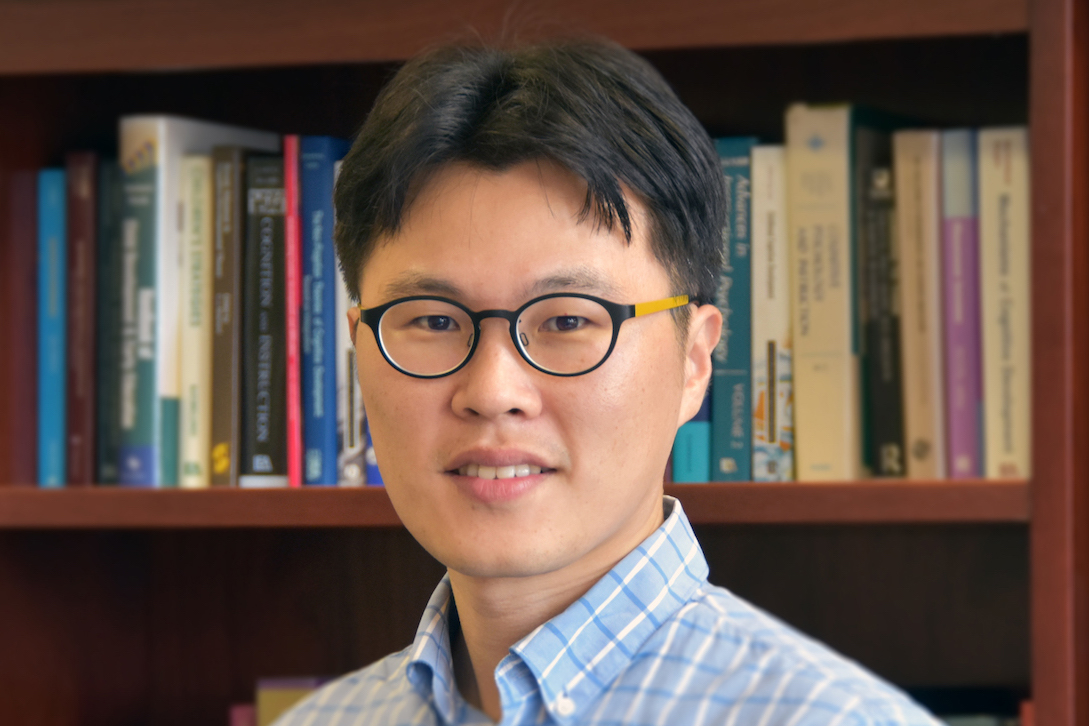PostDoctoral Research Scholar Name: Soo-hyun Im
PhD Degree/Program: Educational Psychology (minor: Cognitive Science) / Psychological Foundations of Education
Graduate School University: University of Minnesota, Twin Cities
Undergradudate University: Seoul National University of Education
Hometown: Changwon, South Korea
What inspired you to pursue a graduate/doctoral degree?
I taught elementary school students for five years before pursuing my Ph.D. degree.
My teaching experience has raised questions about how students learn and how teachers can improve learning experience. My own interest in the human brain also has driven me to study how learning experience shapes students’ thinking and neural connections in the brain. Inspired by this teaching experience and interest in the brain, I decided to study cognition and learning in the intersection of education, psychology, and neuroscience in graduate school.
What are your research interests?
My overarching research interests are applying the findings of psychological studies to improve mathematical learning outcomes for students with varying degrees of learning abilities from diverse backgrounds. More specifically, I have concentrated on identifying cognitive factors and math-specific skills that predict individual differences in mathematical achievement. This is critical for enabling researchers and educators to specify targets for addressing students’ difficulties in mathematics and improving their learning outcomes.
What's the most exciting project you're working on right now?
As a postdoctoral research associate in Dr. Siegler’s lab, I am currently working on a research project, improving understanding of rational numbers. More specifically, one of my current projects aims at improving children’s decimal division problem solving performance. Before learning division problems with fractions and decimals, children have been rarely exposed to division problems with operands below 1 (e.g., 0.9 ÷ 0.8) and division of a smaller number by a larger number (e.g., 7 ÷ 8). This inexperience with a lack of conceptual understanding of the division operation poses more challenges in learning decimal division problems and causes errors and misconceptions like division always makes smaller and division must be a of a larger number by a smaller number. Through a conceptually-focused decimal division instruction in this project, I would like to help students correct their misconceptions and errors and eventually learn rational number arithmetic better.
What advice do you give to graduate students, or potential graduate students?
All colleagues in graduate school would be happy to share ideas and collaborate with you. Personally, I was in debt to my colleagues who valued my ideas and provided support for my research projects and dissertation. Through collaboration, you would have a great learning opportunity that expands your research scope. Keep in mind that your advisor, faculties, and cohorts are there to support your completion and success in graduate school.
